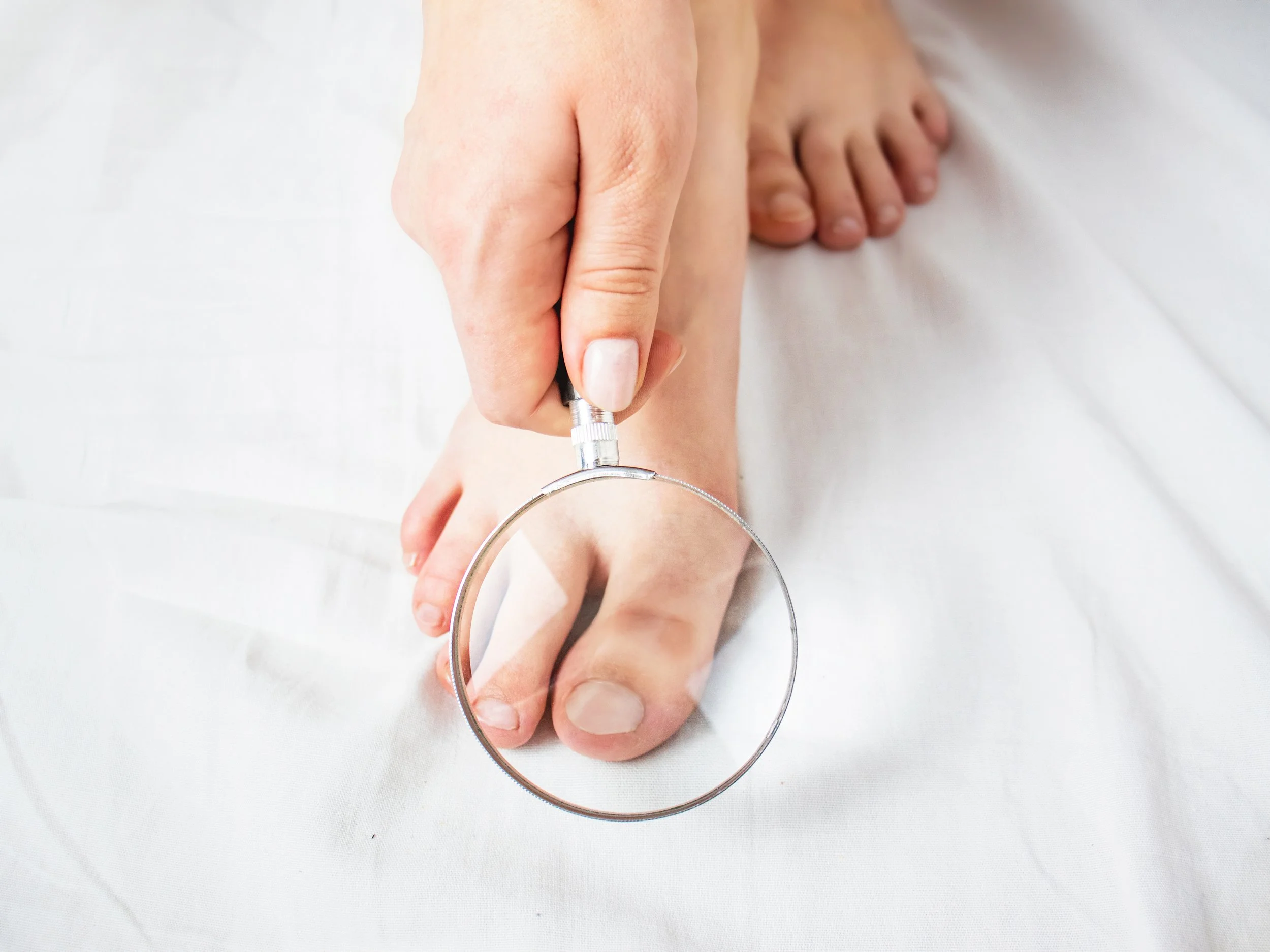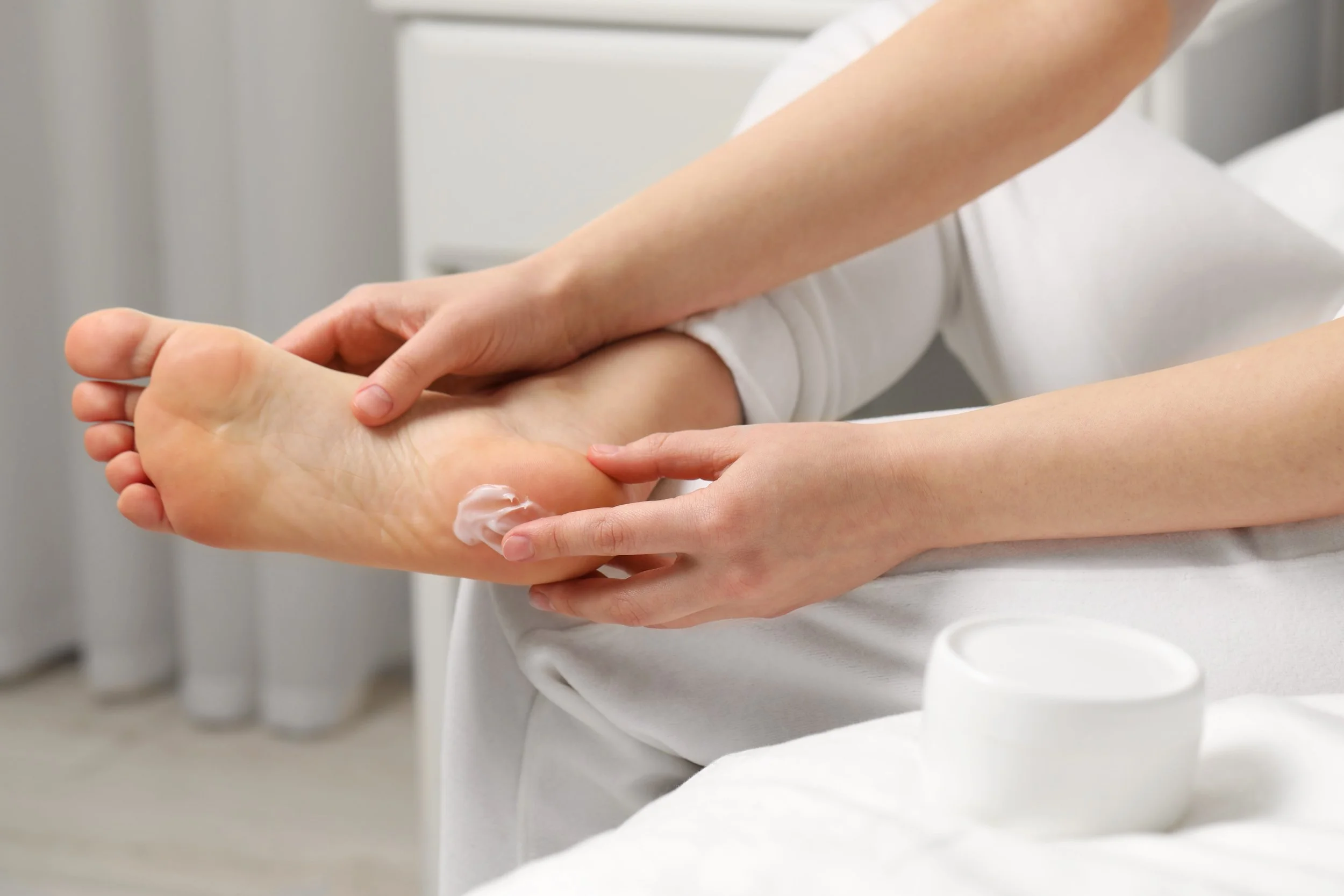Is your shoe collection in desperate need of an update?
When shoe shopping do you struggle to find the perfect fit and end up settling for less? We hope that the following guide will help you to get the perfect fit with your new shoe purchases.
FIT NOW
Shoes should fit perfectly when purchased and should not need to be ‘stretched in’. New shoes should be gently worn in over a day or two.
COST
Expensive shoes are not necessarily the best shoes. Instead, choose a shoe for its features and choose the right style for your foot type and the activities that you will be wearing them for.
SALES PRESSURE
Don’t feel hurried by enthusiastic sales assistants. If the shoe doesn’t seem right, don't buy it now. Go back and try again later. A good shoe fitter will understand.
STYLE
Shoe style should be appropriate for the occasion. Sports or walking shoes are the ideal shoe for daily wear. Slippers provide little support and should be worn only to provide warmth when sitting.
HOSIERY
Socks should also fit well and not be too tight across the tops. Cotton, cotton mix or wool give maximum comfort and allow your feet to breathe. Avoid wearing knee high stockings as these can impede circulation.
FOOT SIZE
Every foot is different. Feet should be measured for length, width and depth ensuring that shoes are fitted accordingly. A whole thumb’s width from the longest toe to the end of the shoe is recommended (when standing).
TIME OF THE DAY
As feet tend to swell during the day, the best time to buy new shoes is in the late afternoon.
MATERIALS
Leather uppers prevent heat loss and act as an insulator in cold weather. Leather holds its shape well and allows moisture produced by the foot to pass through the surface. Rubber or crepe soles provide greater shock absorption and stability and are slip-resistant for safety.
COMFORT AND FIT
Walk around the shop when testing a new shoe, noting any pressure areas. Make sure the heel remains well seated in the shoe and does not slip up and down. Remember carpet will make shoes feel more cushioned than they really are.
LEFT vs RIGHT
Often one foot is larger than the other so choose a size that fits the larger foot. Your podiatrist can modify the shoe of the smaller foot (if required) to improve fit.
*The information in this article is based on the National Association of Diabetes Centres in partnership with the Australian Podiatry Council “Footwear” publication.







